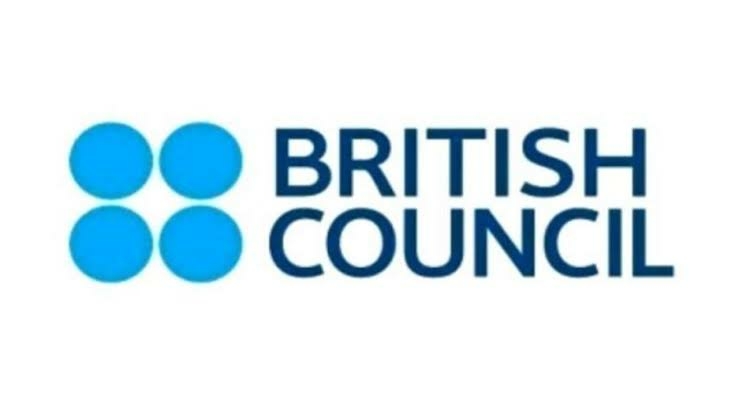The British Council Nigeria says it will establish an Arts and Culture Academy to empower and discourage brain drain in the country.
Mr McDonald Scott, Chief Executive Officer, British Council, made this known during a stakeholders meeting held at the Yinka Shonibare Foundation office at Lekki, Lagos.
The meeting had many Arts and Culture stakeholders in the areas of fashion, film, music among others in attendance.
The British Council CEO, who is based in London, UK, said that in partnership with the Yinka Shonibare Academy, the council was going to support local creative people to promote their works.
““We work in arts and culture. we have done a lot including talking to various members of the government, Ministry of Education and Chief of Staff to the President about transnational education.
“This means that all Nigerians who go to the university in other places and don’t come back, we are now trying to build study partnerships here so no one leaves but builds businesses here,” he said.
He expressed optimism in partnering with the Yinka Shonibare Foundation, established in 2019, by the eminent British-Nigerian Artist – Yinka Shonibare CBE RA.
“The international multi-disciplinary practice explores colonialism and post-colonialism within the context of globalisation, ideal to achieve the aim.
“The Yinka Shonibare Foundation is a UK registered charity dedicated to facilitating international cultural exchange and supporting creative practices through residencies, collaborations and education projects.
“And so, the Yinka Shonibare Foundation is a fantastic organisation to partner with because we can work with them, do things right today when we introduce people across the sector here.
“But we will also work to introduce people from the sectors here to the sectors in the UK and hopefully have exchanges so that people can have international collaborators and experiences.
“The purpose of The British Council, established in Nigeria in 1943, is to build friendship, connections, understanding, collaboration and trust between UK and Nigeria and different countries around the world,” he said.
Brenda Fashuga, Head of Arts Nigeria and Regional Lead For Creative Economy, British Council, commended the creative sector for continuing to grow exponentially.
She made reference to popular Afropop artiste, Burna Boy, performing at the Billboard Music Awards (BBMAs) to justify the growth of Nigerian artists and music.
“Our music, I mean we just saw Burna Boy perform at the BBMAs. It was like a firehouse. I don’t have any explanations for that. It was an awesome thing to witness.
“Yes, the music is doing great, our movies too are doing great; we are on Netflix, so it’s an exciting time for us. It’s time for growth and I see us getting more investment for it.
“Our biggest focus is to build connections, and we decided that the arts and culture is a great place and a great vehicle to use to drive these connections.
“So, it’s a focused attention and a friendly intervention, trying to see how we can help the space work”, she said.
Brenda also expressed optimism to seeing the industry grow successfully for artists to thrive.
“In a decade, I would like to see active guilds that can represent artistes properly, see definite laws around intellectual property protection, and young creatives make some money without having to do too much,” she said.
Fashuga encouraged creative people to take advantage of initiatives that are available.

















Discussion about this post